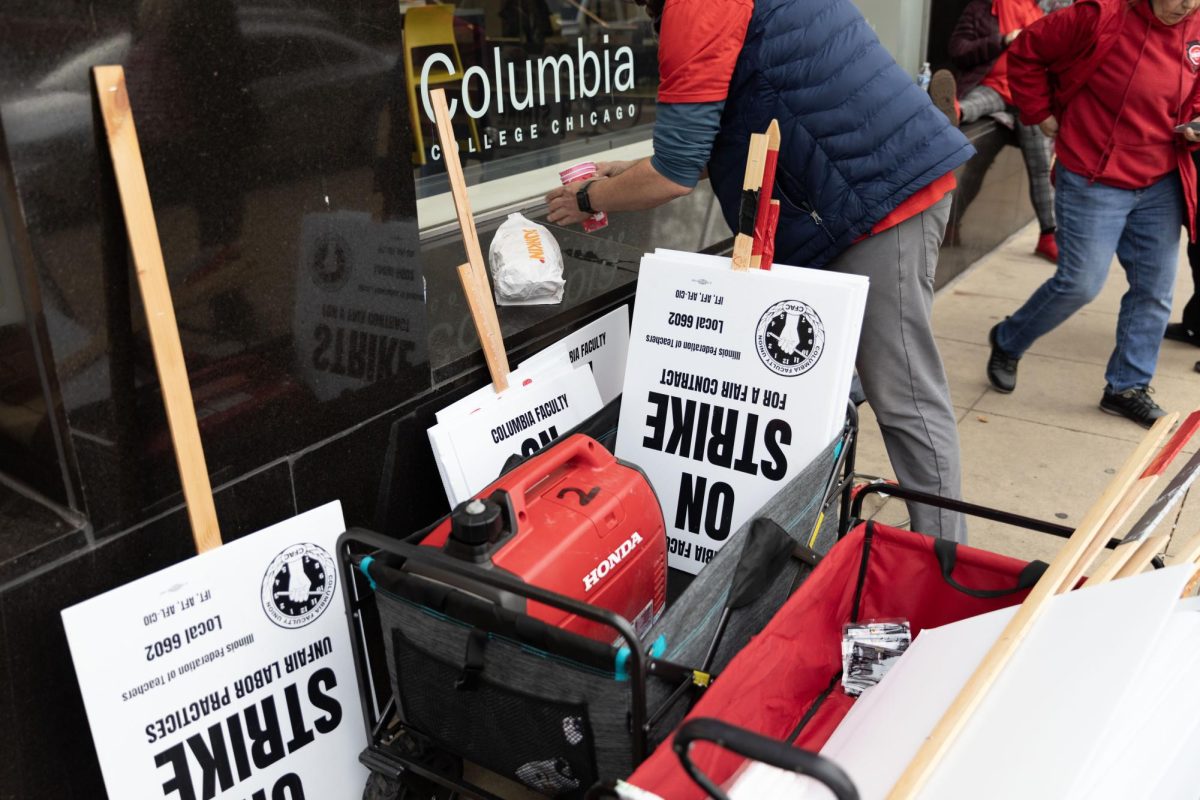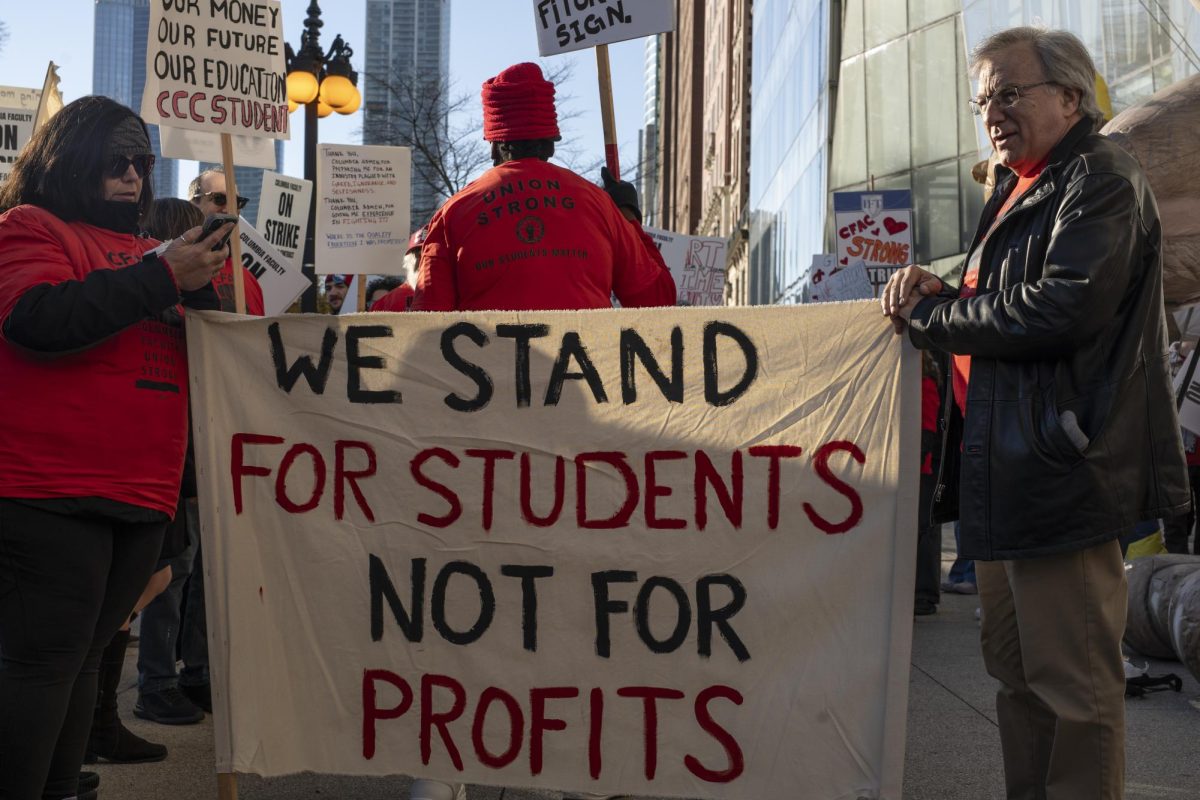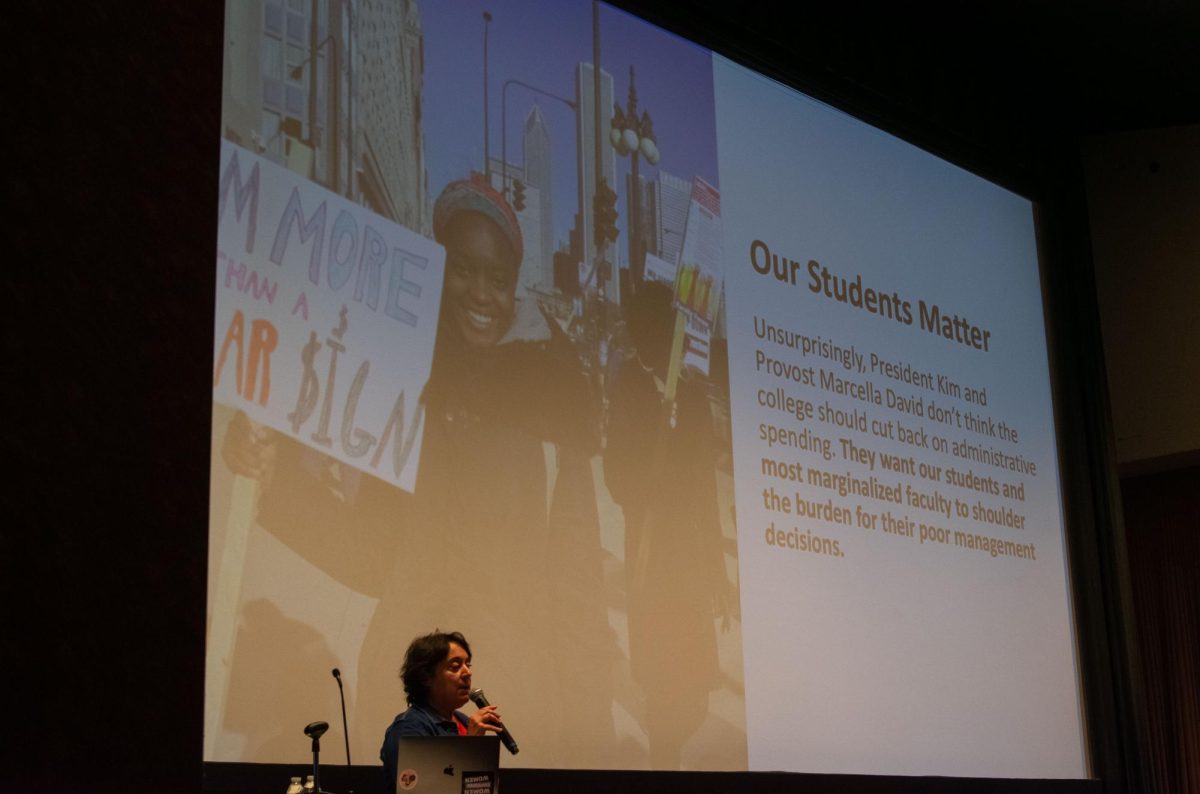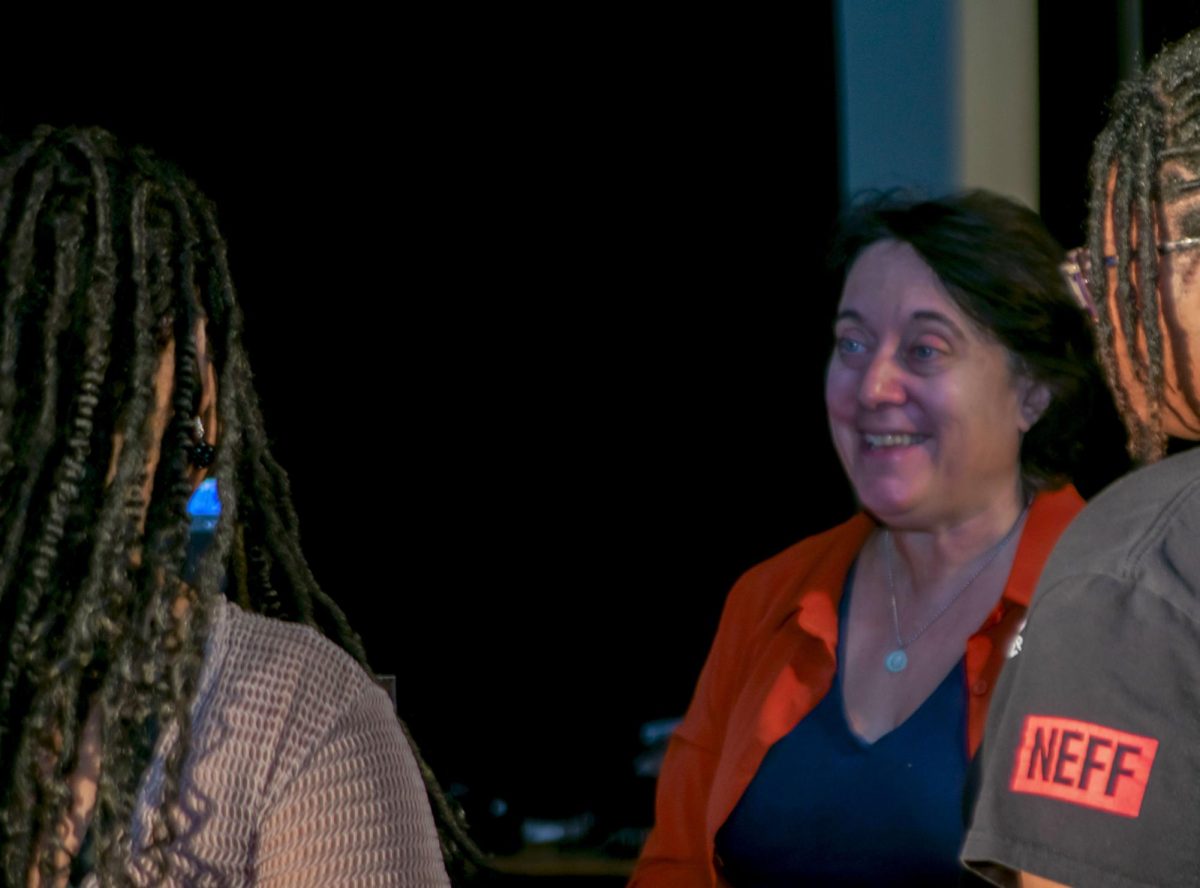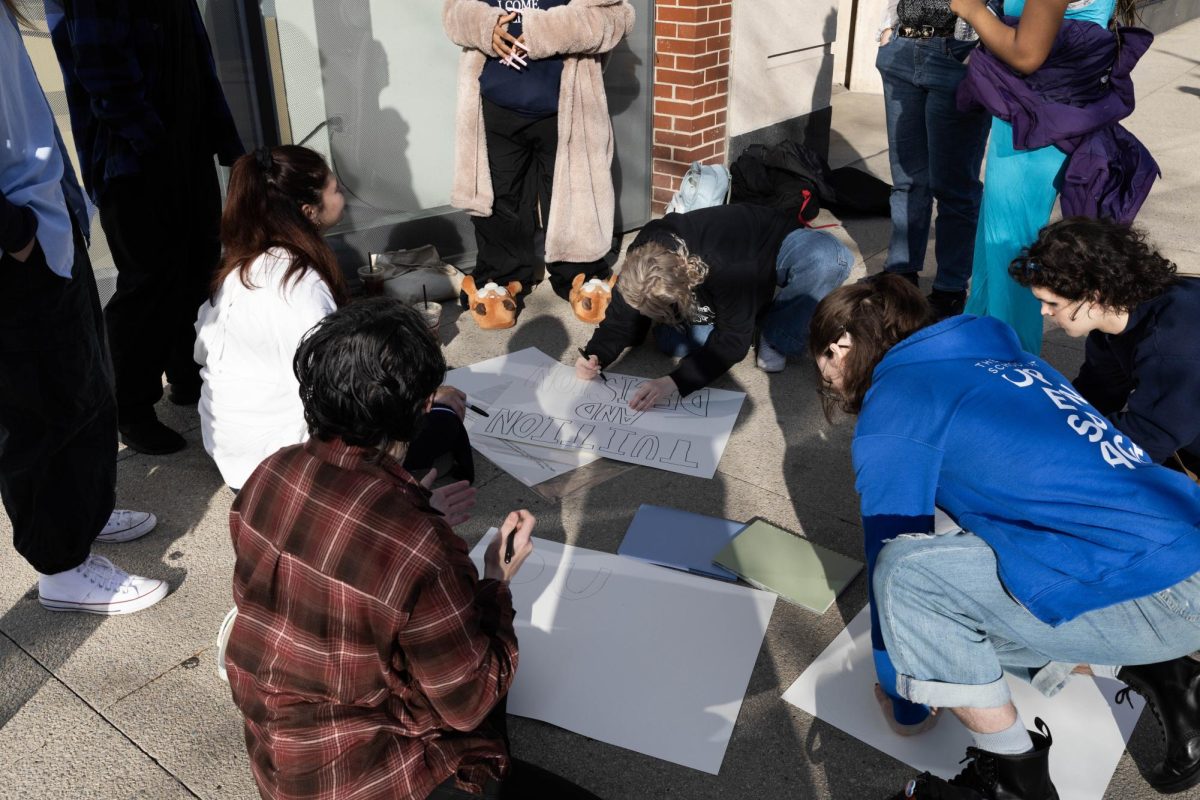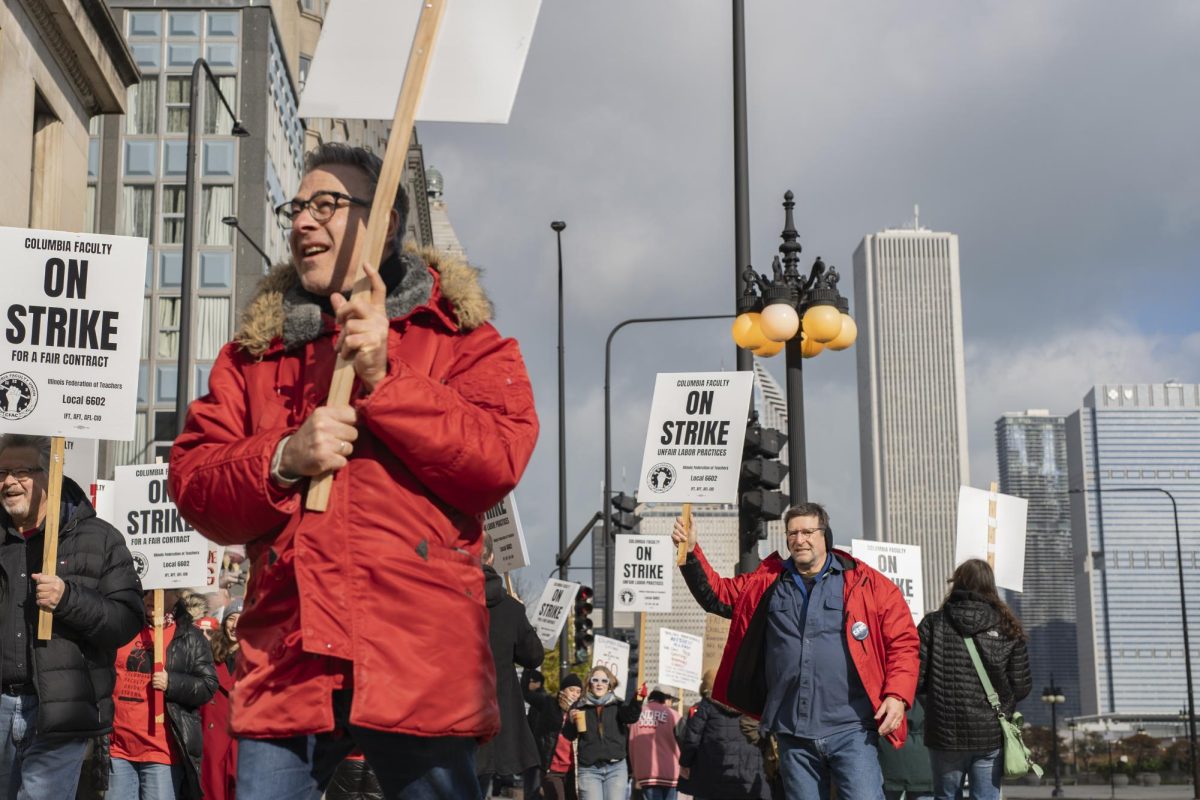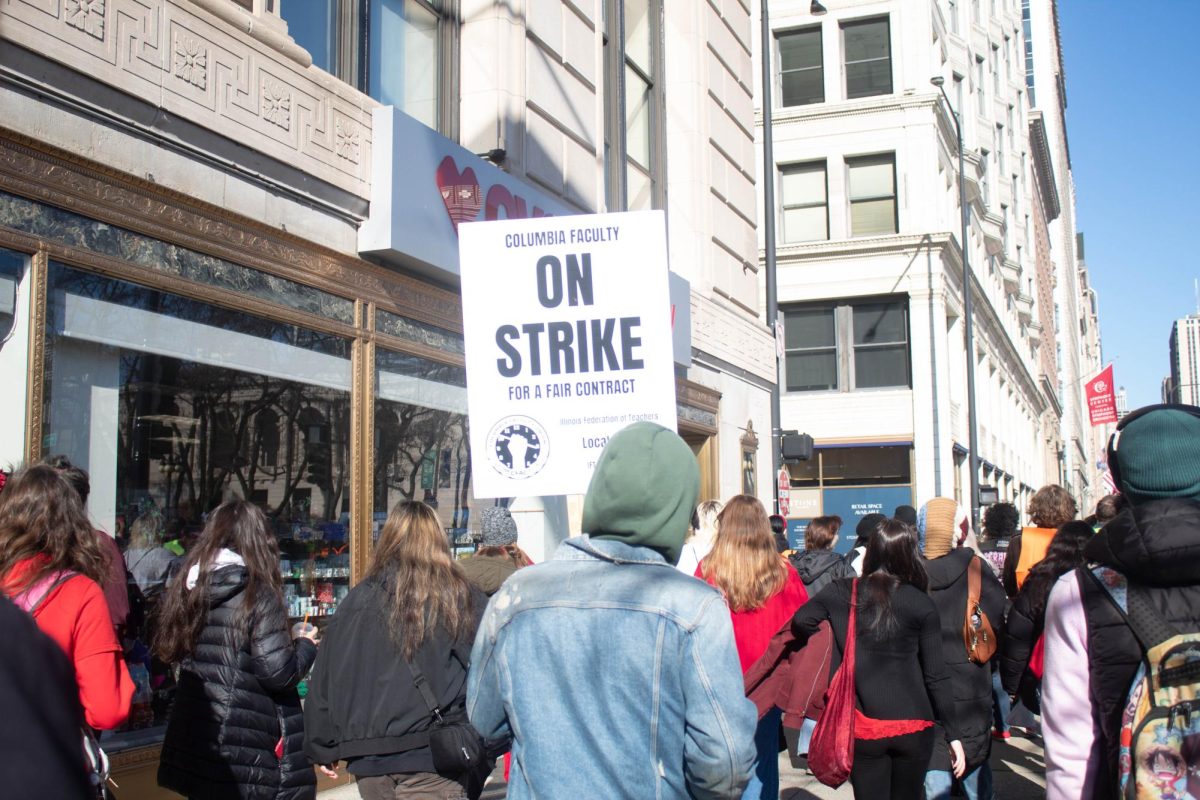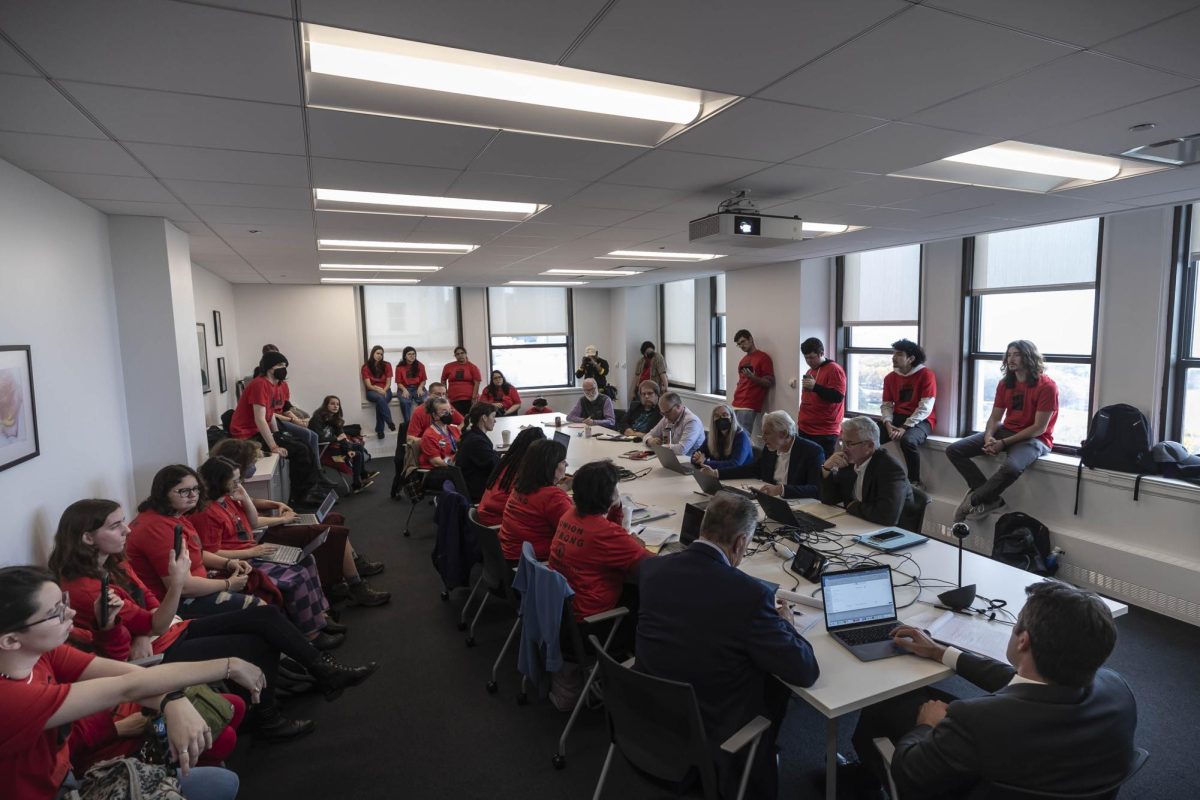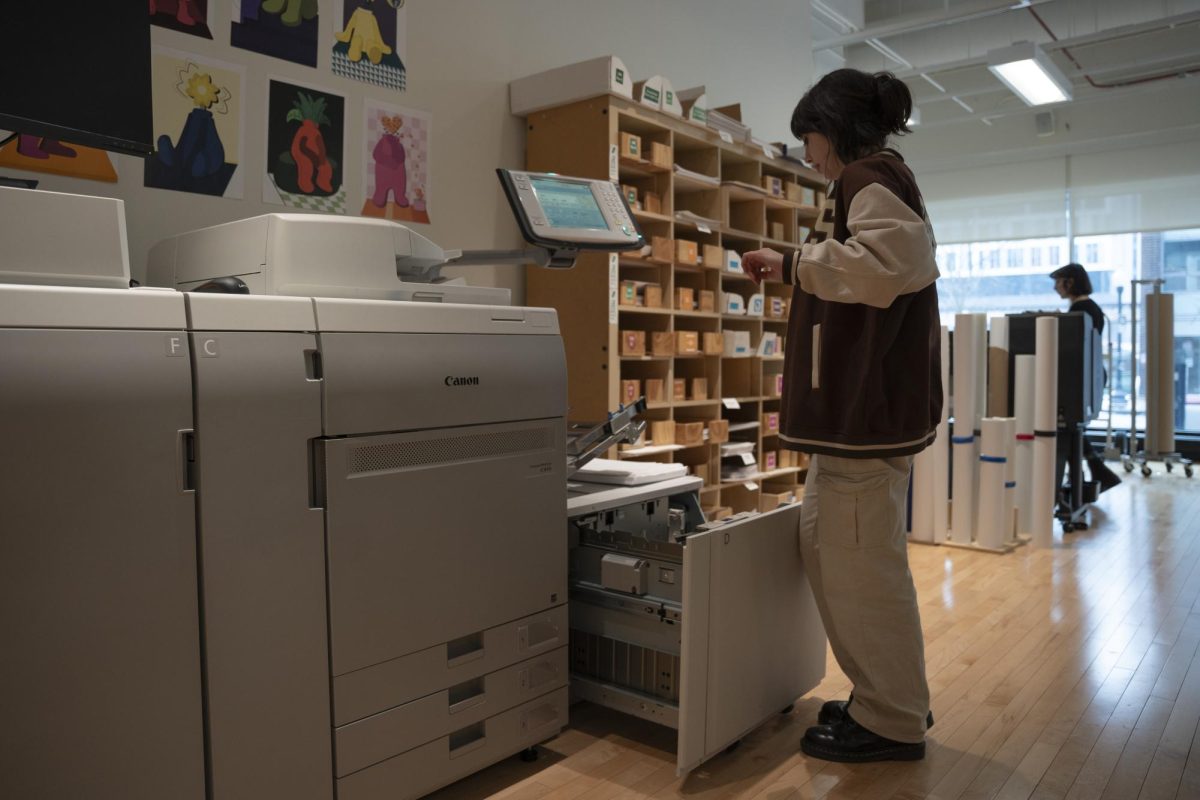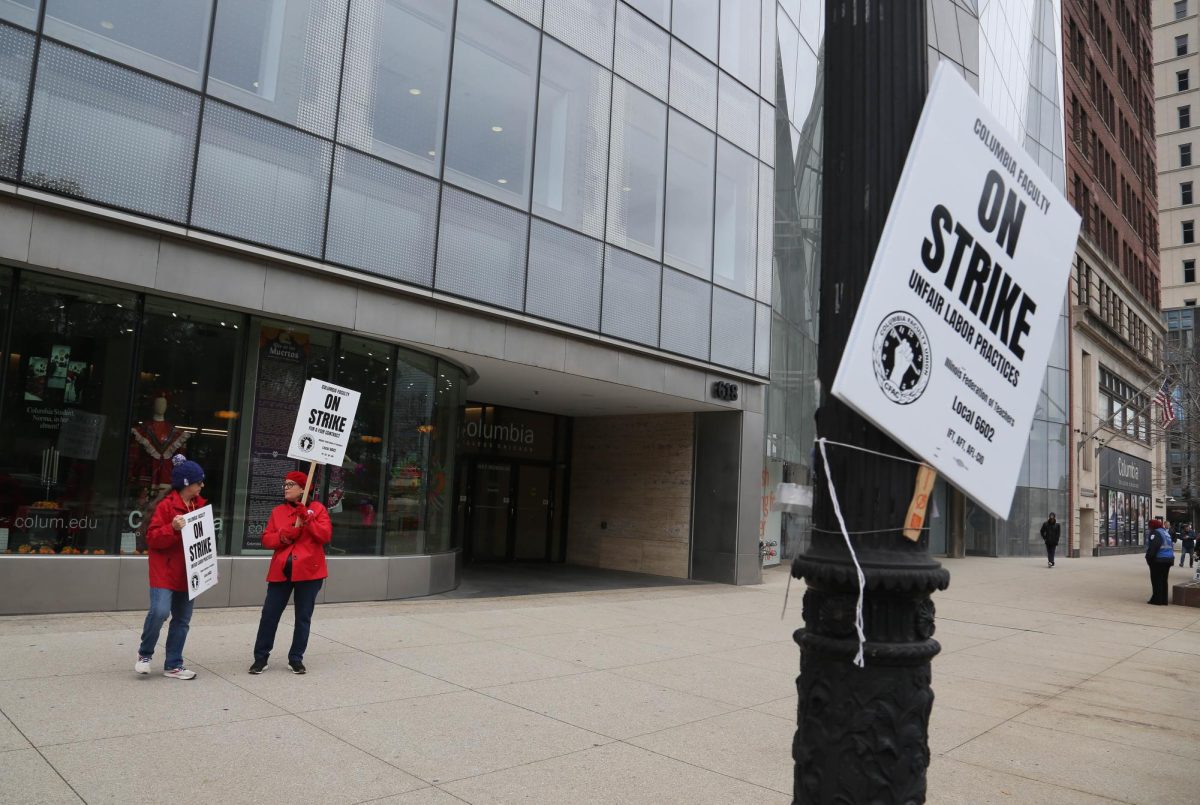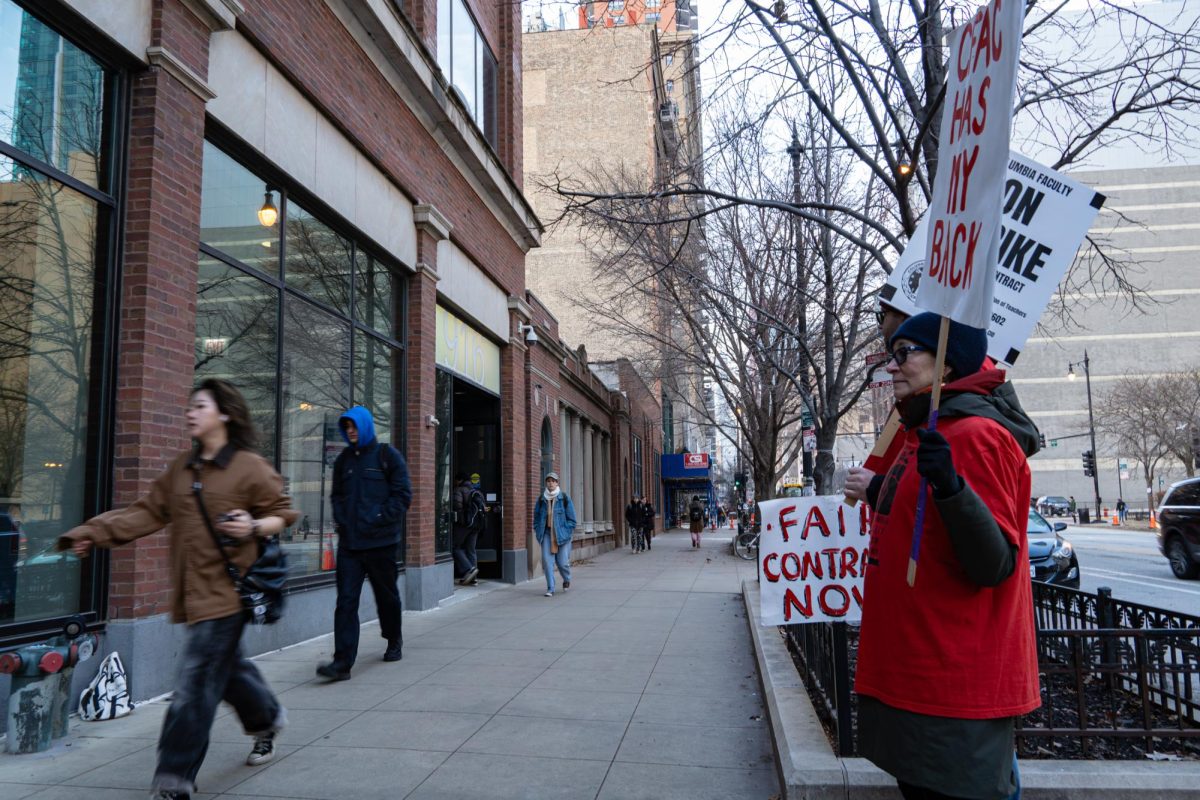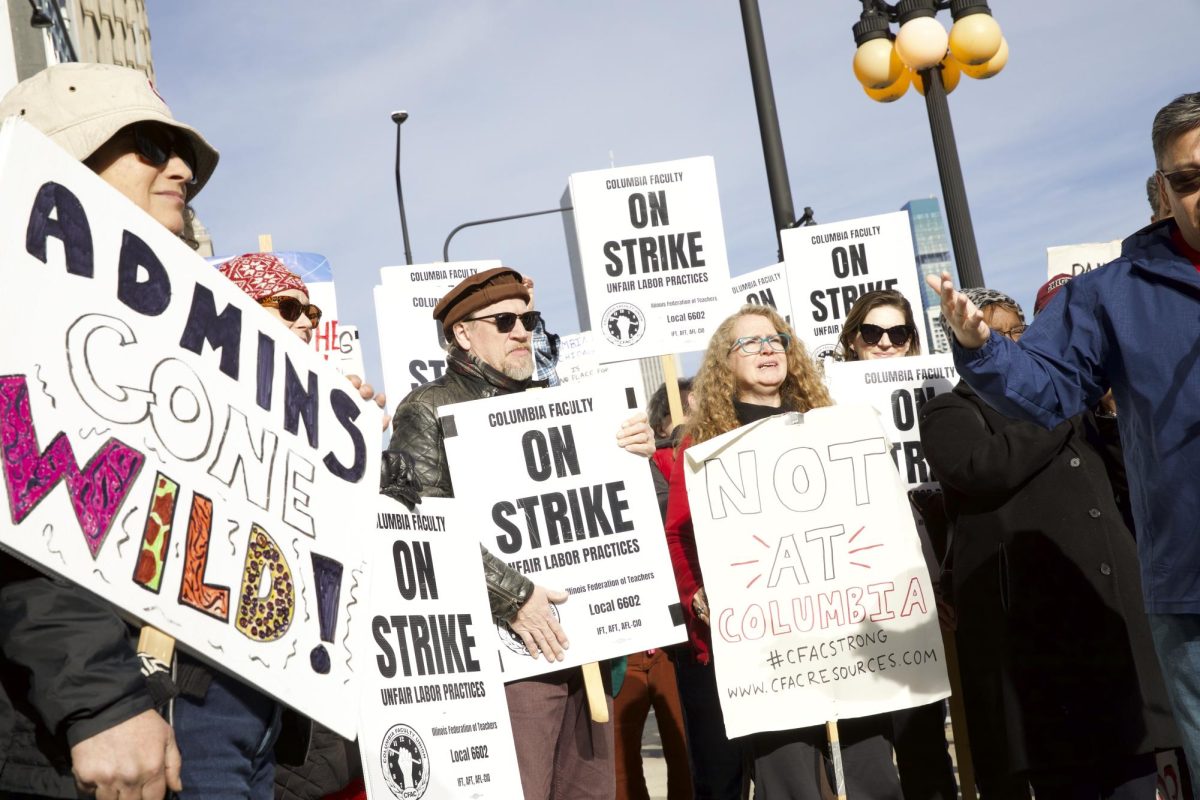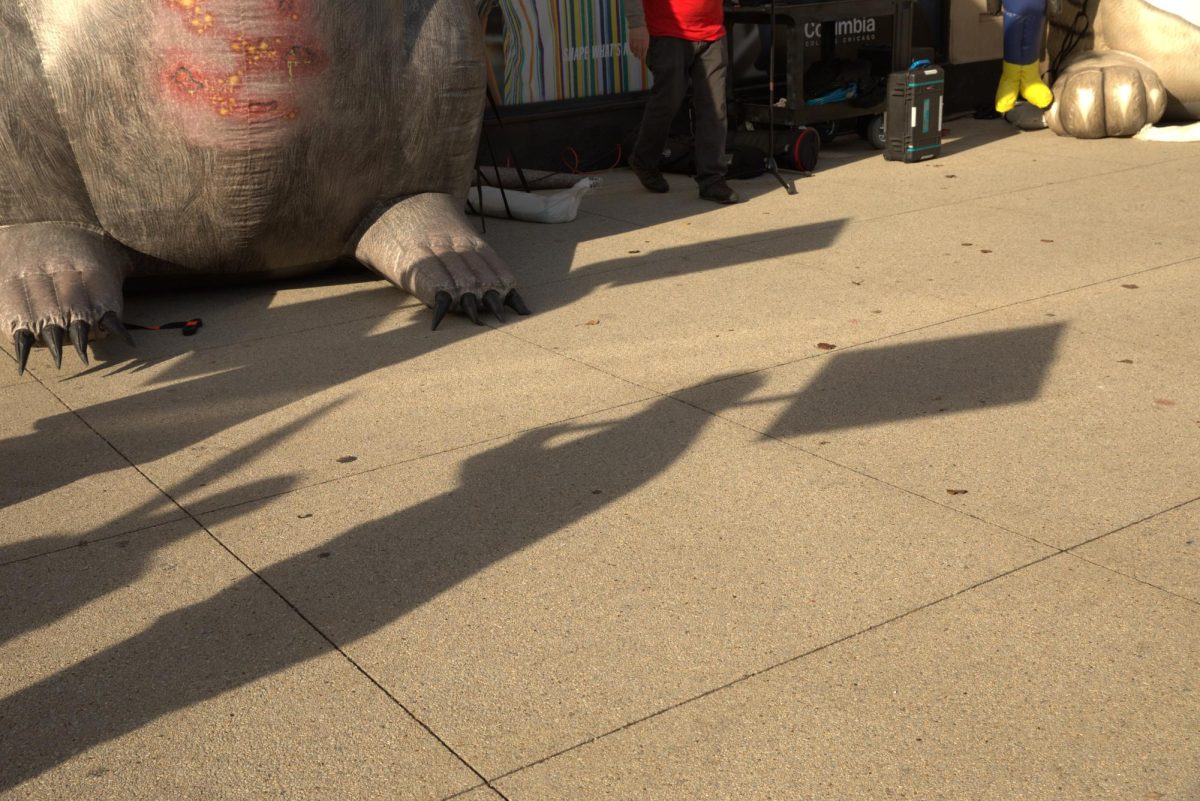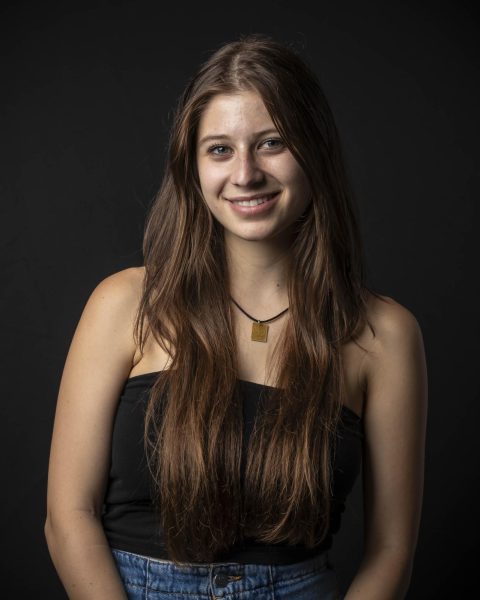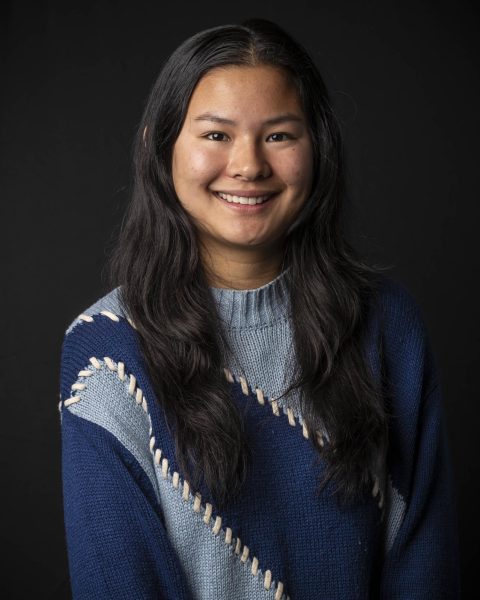The college and part-time faculty union have been bargaining daily trying to reach a deal before the semester ends on Saturday, Dec. 16.
The Columbia Faculty Union has been on strike for seven weeks, nearly half of the semester. It is the longest adjunct teacher strike in U.S. history.
Chief of Staff Laurent Pernot said the college’s bargaining team and the union have “met pretty much around the clock every day.”
“We have made significant progress but obviously are not at full agreement yet,” Laurent told the Chronicle in an email on Thursday, Dec. 14.
Jennifer Martinez, a junior graphic design major, said two of her major-related classes were impacted because of the strike.
“I would feel relieved because it’s just been going on for too long, unfortunately,” Martinez said.
Martinez added that the coordinator of her major has already been communicating backup plans, in case the strike is not resolved by spring semester.
Nathan Anderson, a junior film and television major, said he really hopes the strike doesn’t go into winter break.
“It really concerns me if it does because it would mess up a lot of things for next semester,” Anderson said.
Sydney McCormack, a senior fashion design major, said in general, the semester has brought upon “fear and anxiety” for students.
“I just hope that the school and the teachers both do what is best for students because I really care about my senior year and I care about everybody else,” McCormack said.
Maryam Rodgers, a junior photography major who transferred to Columbia this fall, said she is relieved to finish her first semester and “motivated.”
“Although I don’t have too much in-depth information about the strike, I hope both sides are able to come to a resolution,” Rodgers said.
The union – known as CFAC – went on strike on Monday, Oct. 30 after the college cut dozens of course sections for fall and announced plans to cut additional sections and increase some class sizes for spring.
Although the college had said in the spring that it would need to make some cuts to close a $20 million deficit, it didn’t share details with the union or with full-time faculty until department chairs already started to make the cuts in August.
The union is now pushing for a role in decisions about which courses should run and how big the classes should be, something the full-time faculty also said it wants.
The majority of classes at Columbia are taught by part-time instructors.
When the strike started, hundreds of courses were impacted, with many part-time instructors telling students that their classes were canceled during the strike.
But as the weeks passed, some of them returned to the classroom and by Thanksgiving break, when the college announced that full-time faculty and staff would take over the courses taught by part-time instructors, nearly half were back in the classroom.
On Wednesday, Dec. 13, representatives of the Faculty Senate sent an email to President and CEO Kwang-Wu Kim and Senior Vice President and Provost Marcella David, noting that full-time faculty are a diverse group with varying views on the strike.
“The one thing that we all agree on, however, is that we cannot sustain the kind of time and energy we have spent in the last few weeks,” according to the email signed by 20 full-time faculty, including Senate President Madhurima Chakraborty. “The college must find a solution for the Spring that does not depend on the full-time faculty taking over part-time faculty members’ classes.
In recent days, smaller groups of striking instructors have been on the picket line outside of Columbia’s buildings.
One group marched by the 33 E. Ida B. Wells building this week, chanting their demands for a fair contract.
“If we don’t get it, shut it down,” they yelled.
Additional reporting by Uriel Reyes and Jordan Dawson.


